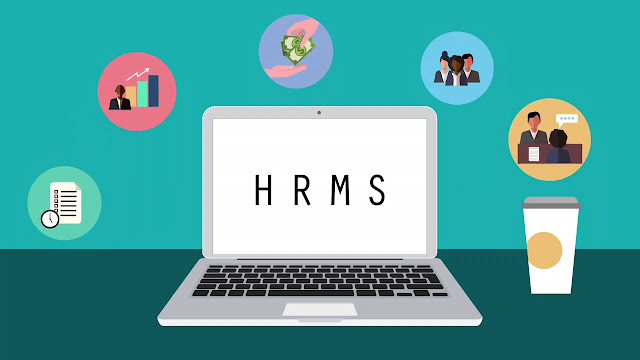I. Introduction
Human Resource Management Software (HRMS) is a type of software that is designed to help organizations manage their human resources. It is an integrated system that combines various HR functions such as recruitment, payroll, performance management, and employee data management. In this essay, we will explore the benefits and features of HRMS.
II. Definition of Human Resource Management Software (HRMS)
Human Resource Management Software (HRMS) is a software application that is designed to automate and streamline human resource functions. It provides organizations with a centralized system for managing employee data, tracking performance, and managing other HR-related tasks.
III. Features of Human Resource Management Software (HRMS)
Some of the key features of Human Resource Management Software (HRMS) include:
Recruitment Management – HRMS provides tools for managing the recruitment process, such as creating job postings, tracking applicant data, and scheduling interviews.
Employee Data Management – HRMS allows organizations to store and manage employee data, such as contact information, employment history, and job titles.
Performance Management – HRMS provides tools for tracking and managing employee performance, such as setting goals, tracking progress, and conducting performance reviews.
Payroll Management – HRMS provides tools for managing employee payroll, including tracking hours worked, calculating pay, and generating pay stubs.
Training and Development – HRMS provides tools for managing employee training and development, such as tracking course completion and scheduling training sessions.
Reporting and Analytics – HRMS provides tools for generating reports and analytics on various HR-related metrics, such as employee turnover, performance ratings, and training completion rates.
IV. Benefits of Human Resource Management Software (HRMS)
Human Resource Management Software (HRMS) offers several benefits to organizations, including:
Increased Efficiency – HRMS automates and streamlines HR functions, reducing the time and effort required to manage these tasks manually.
Improved Data Accuracy – HRMS provides a centralized system for managing employee data, reducing the risk of errors and ensuring data accuracy.
Enhanced Compliance – HRMS helps organizations comply with HR-related regulations, such as labor laws and tax requirements.
Improved Communication – HRMS enables easy communication between HR departments and employees, improving transparency and employee engagement.
Cost Savings – HRMS can help organizations save money by reducing the need for manual HR-related tasks and minimizing the risk of errors.
V. Potential Concerns with Human Resource Management Software (HRMS)
While Human Resource Management Software (HRMS) offers many benefits, there are some potential concerns to be aware of, including:
Implementation Costs – HRMS can be expensive to implement, particularly for small businesses with limited resources.
Learning Curve – HRMS may require some training and a learning curve for employees to adapt to the new system.
Data Security – HRMS requires the storage of sensitive employee data, which can raise concerns about data security and privacy.
VI. Conclusion
Human Resource Management Software (HRMS) is an important tool for managing human resources in modern organizations. It provides many benefits, such as increased efficiency, improved data accuracy, enhanced compliance, improved communication, and cost savings. While there are potential concerns to be aware of, the benefits of HRMS make it a valuable investment for organizations of all sizes.



.webp)


0 Comments